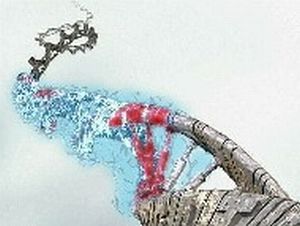Complaining Rewires Your Brain for Negativity, Science Says

Why do people complain? Not to torture others with their negativity, surely. When most of us indulge in a bit of a moan, the idea is to “vent.” By getting our emotions out, we reason, we’ll feel better. But science suggests there are a few serious flaws in that reasoning. One, not only does expressing negativity tend not to make us […]
Read more








